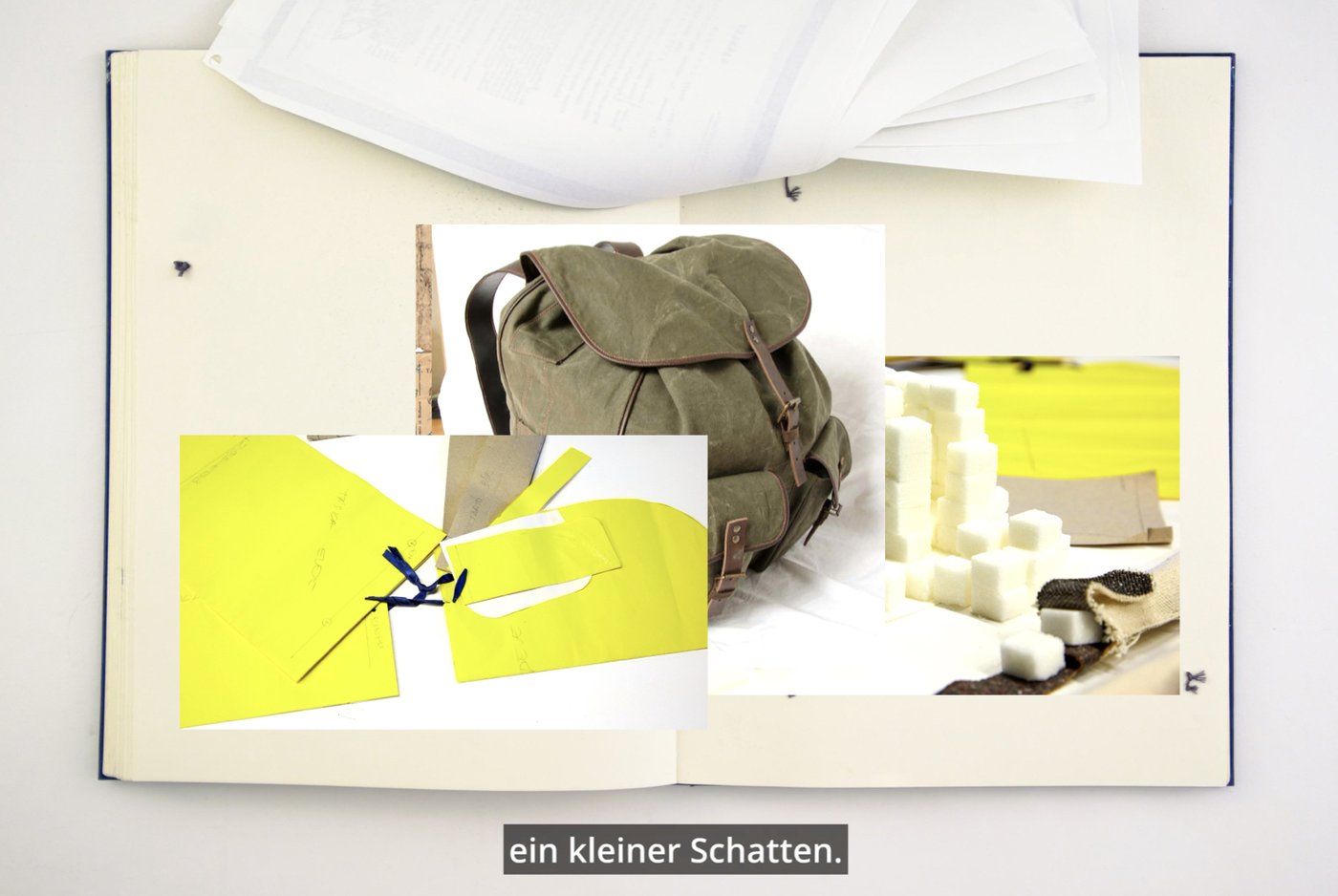Invitation to the Defense of Zsuzsi Flohr
The PhD-in-Practice program at the Academy of Fine Arts Vienna kindly invites you to the defense of Zsuzsi Flohr´s dissertation project Wounded Narratives, Woven Memory: Three Generations Grappling with Genocide and Jewishness.
The Examination Panel is made up of: Ruth Sonderegger (chair), Renate Lorenz and Anette Baldauf (supervisors), Marianne Hirsch (external appraiser, Columbia University).
Abstract
Wounded Narratives, Woven Memory: Three Generations Grappling with Genocide and Jewishness explores the term ‘woven memory’ and the ways that it is rooted in various concepts of memory narratives, embedded in a familial framework and expressed in the context of visual arts. The term ‘woven memory’ refers to the process of weaving together memories that sometimes have entirely different sources of origin. I choose the past participle of weave because sometimes memories are woven together and it is not always clear where one thread begins and the other ends, and the whole cloth only becomes visible when the completed weaving is seen in its entirety. Woven memory builds on the process of interweaving: taking a new piece of yarn—a fragment of memory—and weaving it into the already existing web, while inspecting how the threads are interlaced, or how they fray apart. Weaving and interweaving memories produces a memory cloth, and a single thread is woven into two or more sets of long threads on a loom made of loss, ghost and other untouchable elements of remembering and forgetting. Wounded Narratives, Woven Memory places special focus on the third generation after the Holocaust and their efforts to apprehend and undo silences within the family, which often involves confronting voids and parallel silences in the archives. A central part of this endeavor is to show how silences and gaps can be filled by attentive and imaginative acts. Wounded Narratives, Woven Memory weaves together memory and trauma with tabooed, muted, wounded dialogues, and crafted testimonies. In this dissertation, my grandfather’s backpack stands as a central protagonist and illustrates ‘woven memory’ in practice. The starting point was a discussion with my father and my aunt about their father’s legendary backpack and about their memories connected to the object. This series of discussions resulted in an art project, Chances in Life. The Research Diary, which documents the development of this art project, accompanies this thesis. Furthermore, Wounded Narratives, Woven Memory responds to my own experience as an emigrant from Hungary to Austria and my parallel exposure to new experiences, concepts, and work in the field of memory studies.
Short biography
Zsuzsi Flohr is an artist and researcher living and working in Budapest and Vienna. Her work is rooted in memory studies and draws on personal insights of trauma and visual arts. Employing arts-based research approach, she often works with official and unofficial archives and interview collections, identifying possible intersections between memory yarns, especially in narratives of trauma. Flohr’s artistic practice and research deal with the issues of the third generation after the Holocaust, focusing on personal narratives and probing the relevance of art in the making of memory politics in familial, social, and political realms. Her work is grounded in Holocaust memory and literature, with a focus on gendered memory, while her practice interweaves archival materials and fiction, pointing to an ongoing past in an indefinite future. Her works have been presented at exhibitions, biennials, film festivals and in public spaces.
The thesis defense will be in English and will take place at the Atelier at Jewish Museum Vienna, Dorotheergasse 11, 1010 Vienna.
Because of limited capacity rsvp by October 29 latest via email at phd-in-practice@akbild.ac.at
We are looking forward to welcoming you.
